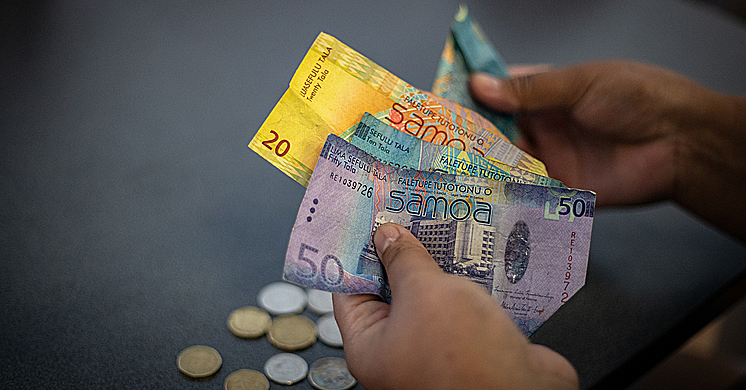Minister Wong's remarks on behalf of the Pacific
It is an honour to speak on behalf of the Pacific region on this very august occasion marking a historic moment for the OACPS and the EU.
The opening for signature today of the OACPS-EU Partnership Agreement, which we all refer to as the “Samoa Agreement” signifies the beginning of a new era in OACPS-EU relations. It also serves as a testament to our longstanding, enduring partnership that has spanned almost half a century. A partnership that brings two significant groupings of countries together.
The Blue Pacific region is proud and honoured to host the signing of the new partnership agreement. In this respect, we, as a Pacific Family, convey our appreciation and applaud the Government and People of Samoa for its leadership and the impeccable arrangements made for the signing ceremony and related events.
We recognise that to complete the legal process, each country will need to process its respective national requirements to have the Samoa Agreement signed and ratified. Commitment to do this is incumbent on each one of us as we embrace our joint commitments under the Samoa Agreement.
The Pacific region welcomes the renewed partnership with the EU and the joint commitments under the Pacific Regional protocol. The Pacific Regional Protocol serves to address our unique regional specificities – vulnerabilities and challenges. In this context, we are pleased that Pacific Islands Forum Leaders endorsed the 2050 Strategy for a Blue Pacific Continent in 2022, and its Implementation Plan last week, which identifies how the region should work together to achieve its development aspirations. Therefore, this event provides the opportunity to highlight the opportunities and interlinkages of key partnerships and modalities of development, for the realisation of our collective ambition under the 2050 Strategy.
In saying this, it is crucial that the Samoa Agreement, and other EU instruments such as the Neighborhood Development and International Cooperation Instrument (NDICI), align with the 2050 Strategy and Pacific regional mechanisms.
The Pacific has a unique, layered regional architecture that can seem complicated to navigate. But it is critical that we use existing regional mechanisms – whether that be in the mechanisms to take forward our political and parliamentary engagements; or in the programming and roll-out of initiatives and investments to achieve our sustainability and resilience aims and objectives.
Our Pacific ACP grouping will continue to be central in our partnership and implementation of the Samoa Agreement, and the Pacific Islands Forum Secretariat will continue to act as the political lead agency for the Pacific. We recognise also the key role of our regional stakeholders, including CROP agencies, NGOs, the private sector, and local authorities.
At the OACPS level, the Pacific region welcomes the renewed commitment to OACPS-EU collaboration in relevant multilateral fora. In this pursuit, we acknowledge the need to fully implement both the UN Sustainable Development Agenda and the Paris Agreement on Climate Change. Climate change remains the single greatest existential threat to the livelihoods and well-being of Pacific peoples. As a collective, we will journey to COP 28 in the coming days in the hope of progressing real and tangible solutions. The Samoa Agreement, which makes up more than half of the UN membership allows us boundless opportunities to influence and impact global agendas of common interest and importance.
In this regard, the Pacific region is ready to play its part and to work towards our collective endeavours.
I thank you.
• Jelta Wong is Papua New Guinea's Minister for Fisheries and Marine Resources. He delivered these remarks on behalf of the Pacific region's African Caribbean Pacific (ACP) member states at the signing of the new OACPS-EU Partnership Agreement in Apia, Samoa on Wednesday 15 November 2023.











